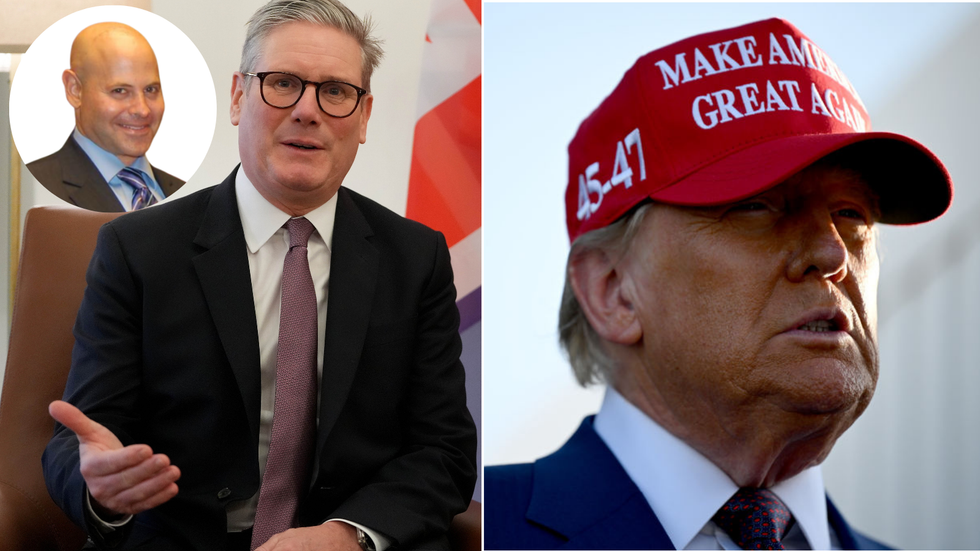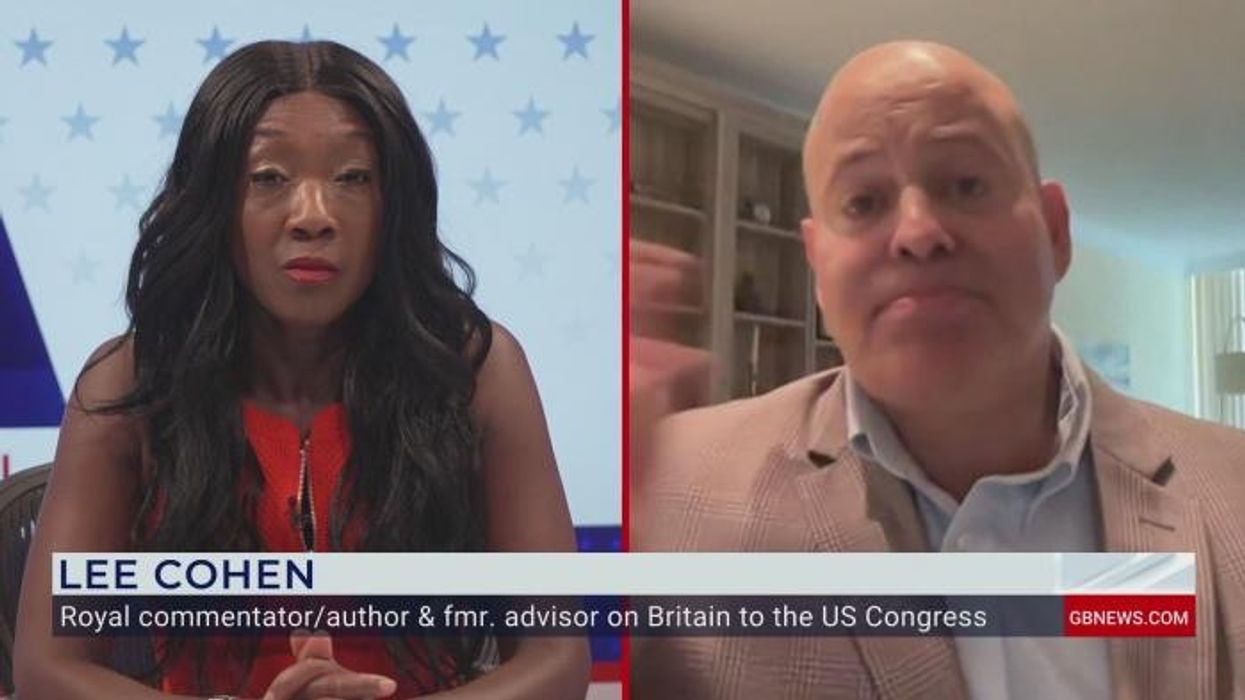A tale of two manifestos: Trump's plan to reach the stars as Starmer courts doom - Lee Cohen
Lee Cohen is a broadcaster and journalist and is a former advisor on UK affairs to the US Congress
Don't Miss
Most Read
Latest
Keir Starmer’s 'Five Missions' for the UK and Donald Trump’s day one plans for America present two starkly different approaches to national prosperity.
While Starmer offers misguided, unrealistic policies, Trump lays out a clear, pragmatic roadmap for growth for his nation. On every key issue — from economic growth and immigration to energy policy and industrial revival — Trump’s agenda is decisive and impactful, while Starmer’s will drive Britain’s economy into the mire.
Starmer claims he can achieve "the highest sustained growth in the G7 is laughable.,” but his approach is out of touch with Britain’s economic realities.
The UK faces mounting government debt, a growing trade deficit, and declining productivity.
Yet Starmer’s solution is more government spending, taxation and borrowing as if fiscal intervention alone can spark growth. This does nothing to address the UK's core issues: stagnating productivity and industrial decline. Without improving productivity (GDP per capita), the UK is condemned to economic stagnation, not any wealth-creating growth.

Lee Cohen compares the leadership styles of Donald Trump and Keir Starmer
|GB News
Trump, by contrast, takes a pragmatic approach. His economic plans focus on tax cuts, deregulation, and re-shoring manufacturing, creating the conditions for long-term growth.
By reducing burdens on businesses and incentivising domestic production, Trump’s policies have already delivered economic gains and job creation.
His 'Day One Plans' promise to double down on these successes, ensuring America remains competitive and prosperous. Trump’s leadership creates real growth, while Starmer’s promises are a distraction from the UK’s underlying economic problems.
On immigration, Starmer’s stance is wrongheaded. While he acknowledges the need to tackle illegal immigration, legal immigration too is unsustainable at the current rate, where for every worker there are attached dependents arriving. Both legal and illegal immigration have already put a strain on UK public services and housing, yet Starmer offers no real strategy to control immigration or manage its economic impact.
Trump, on the other hand, is determined: secure the border, reduce illegal immigration, and ensure that immigration benefits American workers. His policies, including building the wall and enforcing stricter immigration laws, are not just tough rhetoric—they are decisive actions aimed at protecting American jobs and resources. Trump’s approach signals determination to control over its borders, while Starmer’s indecision leaves the UK vulnerable to the very issues Trump is tackling head-on.
Starmer’s energy policies are alarmingly misguided. The UK already has the highest energy costs in the Western world, and Starmer’s commitment to a "zero-carbon" electricity grid by 2030 will only exacerbate this problem. His green agenda lacks a feasible plan for ensuring reliable, affordable energy, pushing energy prices higher while eroding Britain’s industrial base. With high energy costs already driving UK manufacturing overseas, Starmer’s policies will only accelerate the decline of British industry, creating a cycle of dependency on those, who, if not enemies, are not friends
Trump’s energy policy, by contrast, is rooted in pragmatism. Under his leadership, the US achieved energy independence by expanding domestic oil, gas, and coal production. His focus on affordable, reliable energy ensures that businesses and consumers can thrive. Trump’s "Day One Plans" promise to build on this success by strengthening America’s energy security and ensuring the US remains a global leader in energy production. While Starmer’s green fantasies threaten to cripple the UK’s economy, Trump’s energy independence guarantees that America remains competitive on the world stage.
Britain’s manufacturing sector has been in steady decline for years, and Starmer’s proposals to focus on "green jobs" rather than traditional manufacturing will only make matters worse.
The UK already faces a massive trade deficit, importing more than it exports, and Starmer’s policies will deepen this crisis. Without a strong plan to revitalise British industry, the UK will become more reliant on imports, undermining the country’s economic resilience.
Trump, for his part, has made revitalising American manufacturing a cornerstone of his agenda. His tariffs on China and policies to incentivise domestic production are designed to bring jobs back to America and reduce reliance on foreign goods.
By encouraging companies to manufacture in the US, Trump is ensuring that the country maintains its industrial strength. His "Day One Plans" include measures to further strengthen American manufacturing, making the US a leader in global industry once again.
While Starmer offers weak proposals to revive British industry, Trump’s leadership is bringing jobs and manufacturing back to America.
When comparing Trump’s clear, common sense policies with Starmer’s misguided proposals, the difference is glaring. Trump’s focus on deregulation, tax cuts, energy independence, and revitalising manufacturing provides a clear path to long-term, sustainable growth for the US.
His leadership has already delivered economic success, and his 'Day One Plans' promise to continue that momentum.
Starmer’s agenda—reliant on more government spending, unrealistic green targets, and weak immigration controls—will only further entrench Britain’s economic decline.
The UK faces a growing trade deficit, crumbling industry, and high energy costs, yet Starmer’s policies offer no meaningful solutions.
While Trump is preparing America for a new era of growth, Starmer’s mismanagement threatens to keep Britain stuck in economic stagnation. What a pity for Britain that Trump doesn’t have like-minded leadership currently in the majority.











